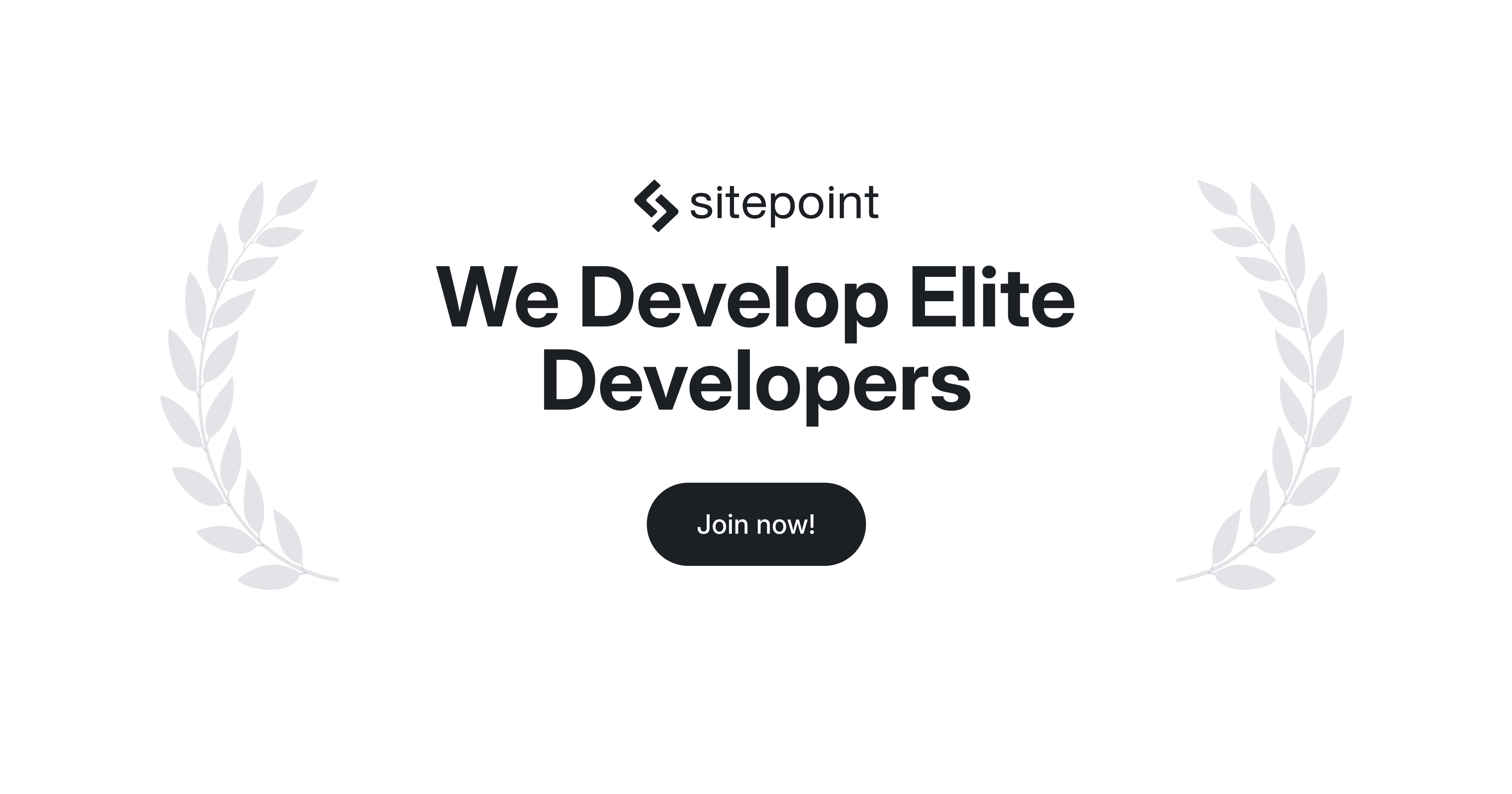
"There is a lot of debate around whether social media directly affects SEO rankings. While Google has clarified that social signals (likes, shares, followers) are not a direct ranking factor, social platforms still play an indirect role: Content Amplification: Social media helps distribute content to a wider audience, which can naturally attract backlinks. Indexing & Visibility: Active social sharing can help search engines discover and index new content faster."
"Indexing & Visibility: Active social sharing can help search engines discover and index new content faster. Brand Authority: A strong presence on platforms like LinkedIn, Twitter, or YouTube can build trust, which indirectly supports SEO efforts. Search Behavior: Social profiles themselves often rank for branded queries, influencing what users see first about a company. That said, relying solely on social media for SEO is risky because algorithm changes on platforms can kill reach overnight."
Social signals such as likes, shares, and followers are not direct Google ranking factors. Social platforms amplify content by distributing it to wider audiences, increasing the chance of attracting natural backlinks. Active social sharing can accelerate discovery and indexing of new content by search engines. A strong presence on platforms like LinkedIn, Twitter, or YouTube builds brand trust that indirectly supports SEO efforts. Social profiles often rank for branded queries, shaping first impressions in search results. Relying exclusively on social media for SEO is risky because platform algorithm changes can abruptly diminish reach.
Read at SitePoint Forums | Web Development & Design Community
Unable to calculate read time
Collection
[
|
...
]